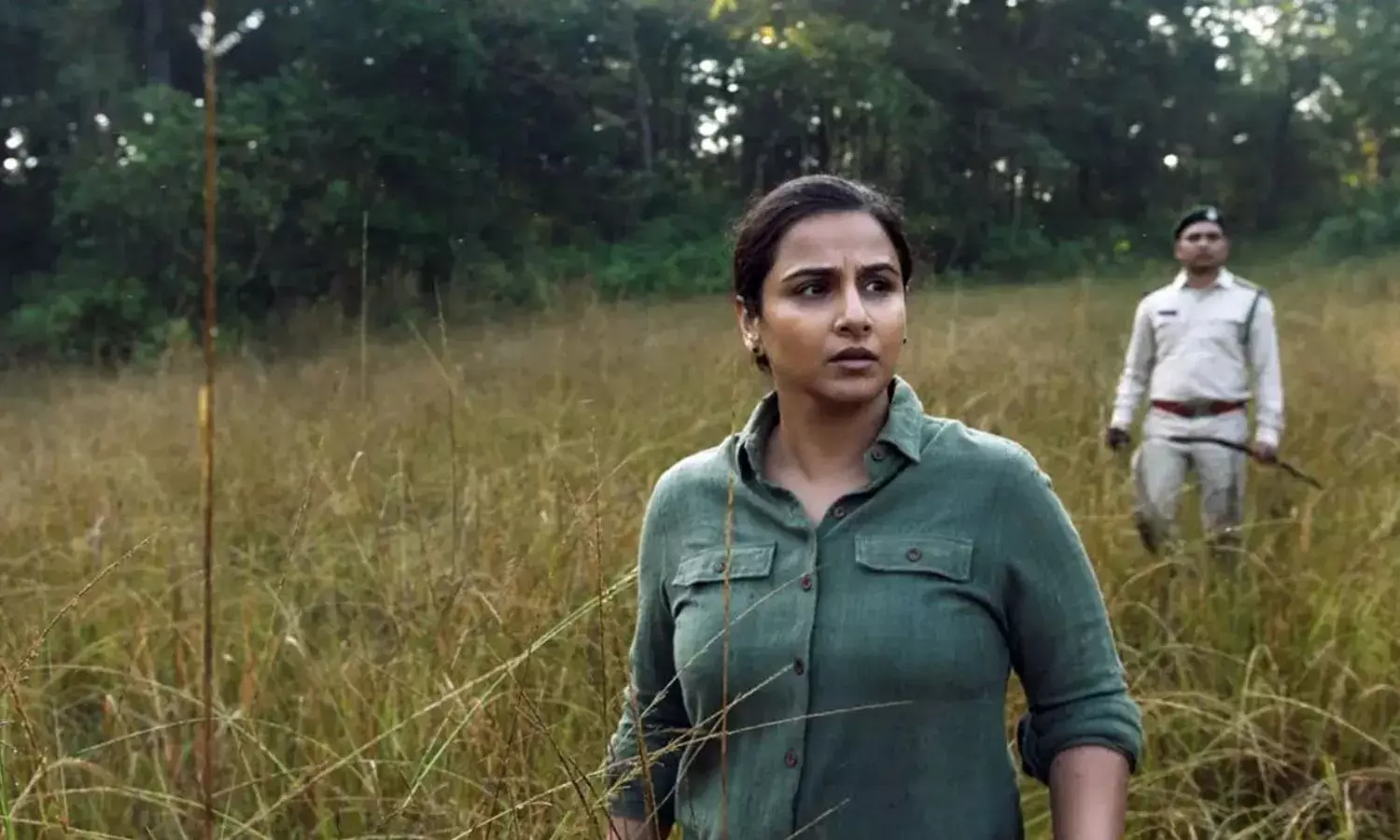Sherni: Endearing But Fails To Resonate
Despite great performances and stellar storytelling, something is missing

After the brilliant Newton, Amit Masurkar is once again back in the rural milieu with his new venture Sherni. Vidya Balan, in the role of a forest officer, tries her best to balance the needs of man versus nature and to balance between right and wrong.
The film, which references the killing of the tigress Avni in 2018, tries to unravel the politics of the tribal areas of India that are far removed from the politics of city-dwellers like ourselves.
But the truth is that the fundamental battle, of development versus humanity, remains the same.
Sherni has a complex storyline with multiple stakeholders, each with its own shades of grey, and is, therefore, a film that warrants more than just a casual viewing.
The two most endearing aspects of Sherni are its noble intentions and its extremely well-crafted execution.
But sometimes, just sometimes, despite such high standards, a film fails to resonate with the audience.
The film has an enviable supporting cast like Vijay Raaz, Sharat Saxena, Brijendra Kala, and Neeraj Kabi and each of them have played their parts to the T.
Vidya Balan too has given her most mature performance in years. Vidya, who of late seemed to veer towards scripts that gave her a meaty role versus ones that were actually good, seems to have hit the sweet spot with this one.
Despite authentic performances from the stellar cast and very mature and fine-tuned storytelling from Amit Masurkar, this Sherni doesn’t quite pounce on you like you would have expected it to.
Something is missing. Perhaps what is missing is the kind of brevity that made a deeply complex and important film like Newton enjoyable and accessible.
Granted a topic like this, doesn’t easily lend itself to brevity, but Sherni seems to be confused about what it wants to be – a thriller, a political drama, a nature film or something else. At the end of the day, the storytelling is too dry.
Credit where it’s due, Sherni is an important film, and a very well made one at that.
Masurkar displays a level of restraint and control that very few Indian filmmakers can demonstrate at present.
Apart from authentic and important storytelling, it is also the filmmaker’s responsibility to make sure that the film is gripping for the audience.
That is where Masurkar falls short. It is not a shortcoming of his abilities, for his control over his craft is clearly paramount, but rather of his intention as a craftsman.
It is a misappropriation of how this story needed to be told.
Sherni is a film that needs to be watched, and indeed deserves to be watched, but I am not sure if I can genuinely recommend it to an audience because an audience, first and foremost, wants and deserves to be entertained, captivated, and taken on a ride.
Very few people will find that in Sherni.



